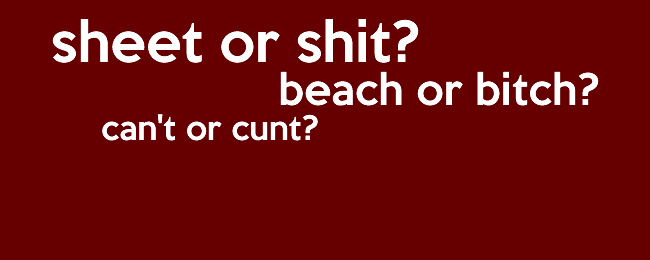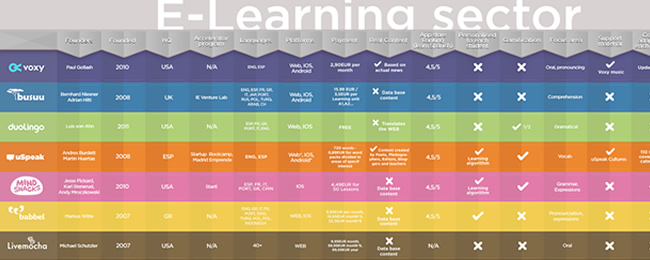Os dejamos con la segunda entrega de “Tu cita con el inglés“, sección realizada por el profesor Ronan O’Donnell.
Esta semana Ronan nos habla sobre phrasal verbs, algo que seguro le suena a todo aquel que alguna vez ha estudidao inglés. Pero… ¿Qué son realmente los phrasal verbs? ¿Para qué sirven?
Averiguadlo en este post, mientras ponéis en práctica vuestros conocimientos del idioma.
How long will it be before people no longer know why we say “roll down the window” or “wind down the window”?
What are phrasal verbs and why are they so important when studying English? Phrasal verbs are verb + preposition or verb + adverb combinations and they are commonly used in everyday speech. They quite often have more than one meaning and are best learned in the contexts in which they are to be found.
Some examples of phrasal verbs include ‘to get on’ and ‘to get over’. You may know that ‘to get on’ refers to stepping onto a bus, train or plane and ‘to get over’ means to climb over something. The literal meanings of these phrasal verbs are easily understood but it is the more figurative and idiomatic meanings which may cause difficulty for students.
Figurative & Idiomatic meanings
‘To get on’ can also mean to have a good relationship with someone.
Eg. I get on well with my brother.‘To get over’ can also mean to recover from an illness.
Eg. It took him a week to get over the flu.Unfortunately it does not end there. To keep things interesting both of these phrasal verbs have another four or five meanings each. You can check these meanings on the link below.
Common phrasal verbs with their Spanish translation
BLOW UP – estallar (una bomba) – The building was destroyed when the bomb blew up.
BLOW UP – inflar – He blew up two balloons and collapsed on the floor.GIVE UP – perder la esperanza, rendirse – Don’t give up, phrasal verbs are not that difficult.
GIVE UP – dejar (de fumar, beber) – He looks much healthier since he gave up smoking.TAKE OFF – despegar – The plane is taking off in 10 minutes.
TAKE OFF – quitarse la ropa – If it is too warm, why don’t you take off your coat?For an extensive list of English phrasal verbs check this website.
There are also some very useful and testing quizzes.
Don’t give up and if you do, don’t worry. I am sure you will get over it eventually.







1 comentario
Hola,
muchas gracias por este post. La verdad es que los phrasal verbs son una pesadilla para los que luchamos por dominar el inglés.
Acabo de lanzar una web con recursos para aprender inglés. Te dejo el enlace del listado de verbos irregulares, es la página más popular entre los profesores por ahora. linguasorb.com/es/ingles/verbos/verbos-irregulares
La página cuenta con todos los verbos conjugados en los distintos tiempos verbales que usamos en español, además de forma en afirmativo y negativo, contracciones y audio.
Un saludo,
Cristina